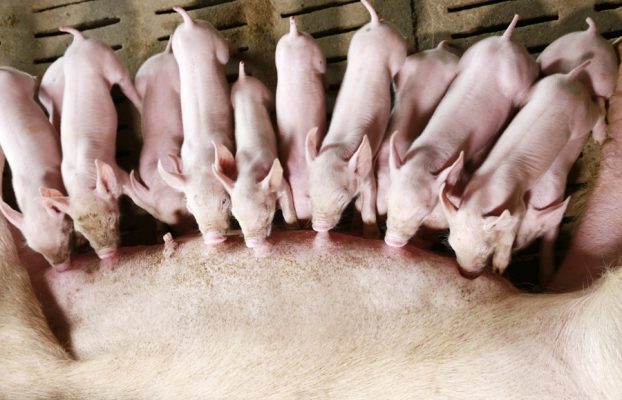Acid salts for animal feed
In the ongoing effort to improve the nutritional quality of animal feed, acid salts emerge as an essential component. These salts, derived from specific acids, offer significant benefits for the health and performance of animals.
Acid salts are fundamental components in animal nutrition, composed of organic acids bound to minerals. These substances play an essential role in promoting the health, well-being, and performance of animals.
Improved digestion: Acid salts enhance digestion and nutrient absorption by reducing the pH in the digestive tract, leading to more efficient feeding and better growth.
Control of harmful microorganisms: These salts have antimicrobial properties that help reduce the proliferation of harmful microorganisms in animals’ digestive systems.
Reduction of digestive stress: They help reduce digestive stress, minimizing the incidence of gastrointestinal disorders and improving animal well-being.
Improved product quality: The inclusion of acid salts in animals’ diets can positively influence the quality of animal products, such as meat or eggs.
Food preservation: In some cases, these salts are used as food preservatives for animals, extending the shelf life of rations and reducing waste.
Poultry production: Acid salts are used in poultry feed to promote healthy digestion, improve growth, and ensure the quality of meat and eggs.
Livestock: In cattle feed, these salts are applied to promote efficient digestion, prevent gastrointestinal diseases, and increase performance.
Aquaculture: In fish and shrimp farming, acid salts help maintain a healthy gastrointestinal environment and support optimal growth.
Companion animals: They are also used in pet food to improve digestion and nutrient absorption.
Feed industry: In the production of animal feed, acid salts are used as preservatives and food quality enhancers.
Improved animal health: They promote healthy digestion and balanced intestinal flora, resulting in healthier animals that are more resistant to diseases.
Increased feed efficiency: By optimizing digestion and nutrient absorption, the amount of feed required to maintain animal growth and performance is reduced.
Improved product quality: Animals fed with acid salts tend to produce higher-quality meat and products, benefiting both producers and consumers.
Sustainability: Feeding efficiency and waste reduction contribute to more sustainable and environmentally friendly animal production.
Economy: By reducing the incidence of diseases and improving performance, acid salts help producers achieve better economic results in the animal feed industry.
Acetates
Citrates
Formates
Gluconates
Propionates
Sorbates
Related News Posts Trends
On our blog you will find articles about our products and industries






